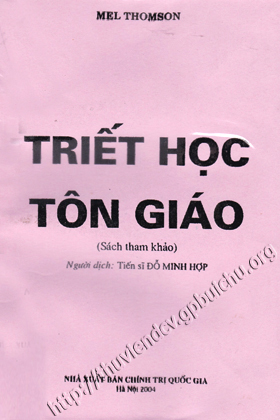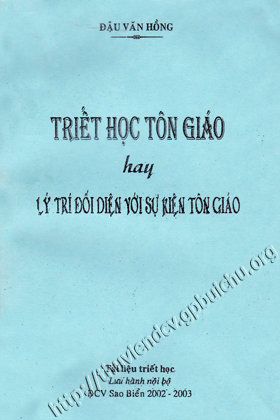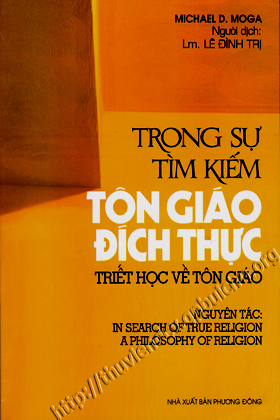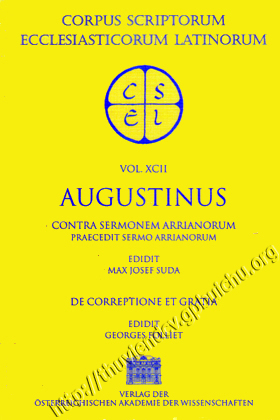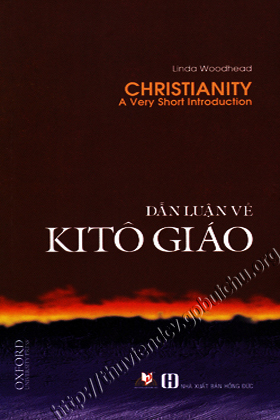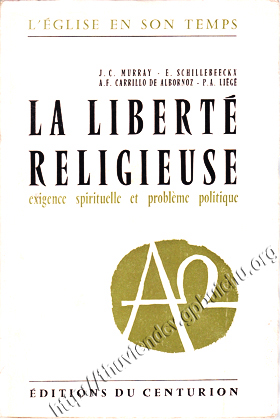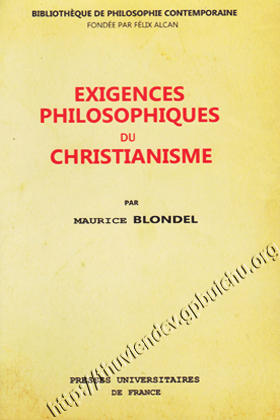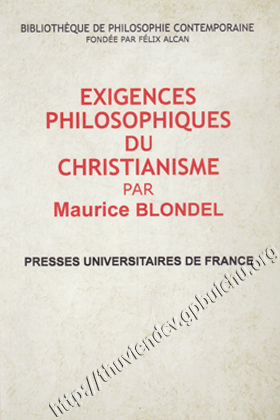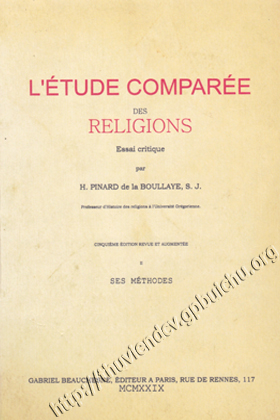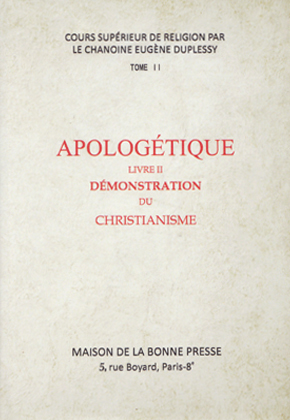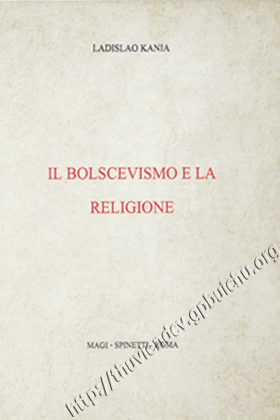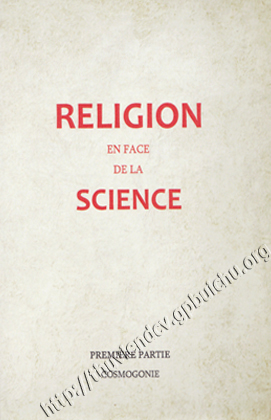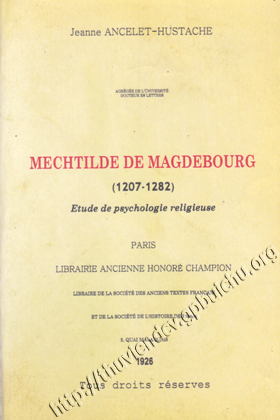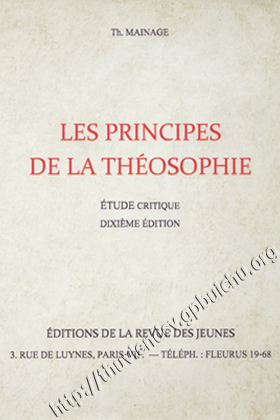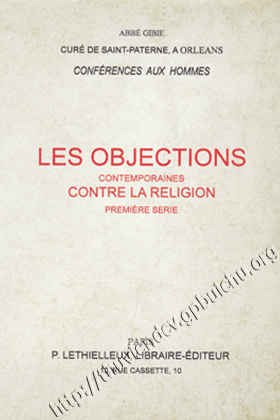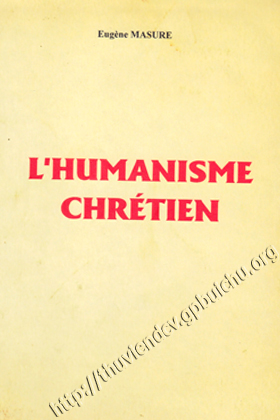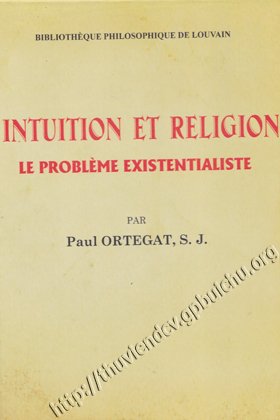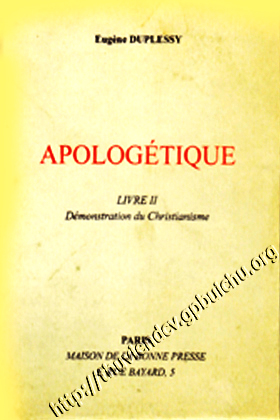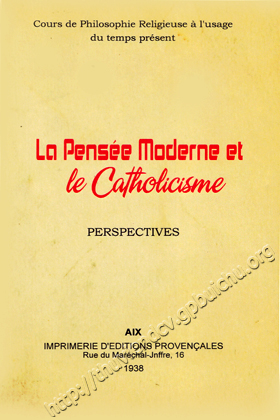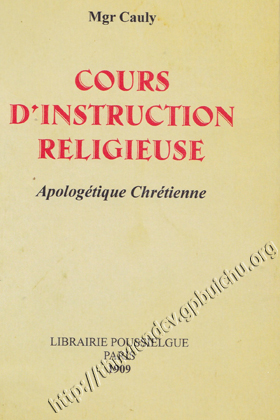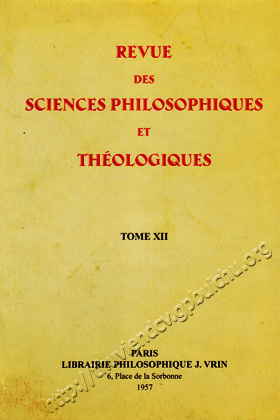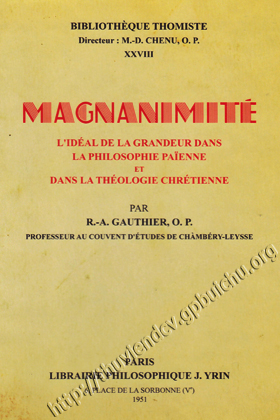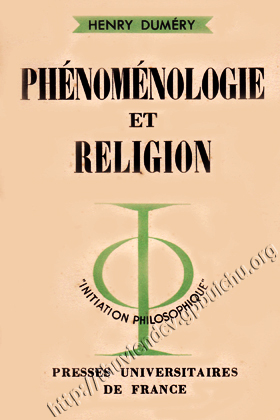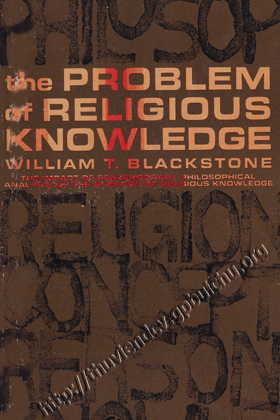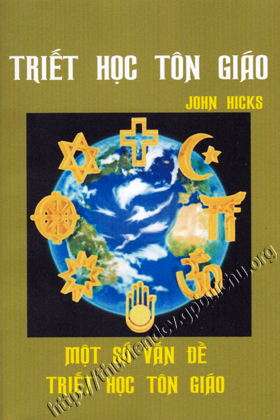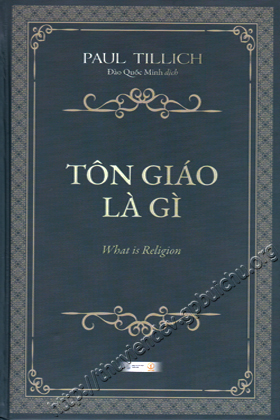
| Philosophy of Religion | |
| Tác giả: | John H. Hick |
| Ký hiệu tác giả: |
HI-J |
| DDC: | 210 - Triết lý và học thuyết về tôn giáo |
| Ngôn ngữ: | Anh |
| Số cuốn: | 5 |
Hiện trạng các bản sách
|
|
|
||||||||||||||||||||||||||||||||||||||||||
|
|
|||||||||||||||||||||||||||||||||||||||||||
» Thêm vào danh sách tác phẩm yêu thích
| Contents | |
| Preface | ix |
| Introduction | 1 |
| What Is the Philosophy of Religion? | 1 |
| CHAPTER 1: The Judaic-Christian Concept of God | 5 |
| Monotheism | 5 |
| Infinite, Self-existent | 7 |
| Creator | 9 |
| Personal | 10 |
| Loving, Good | 11 |
| Holy | 13 |
| CHAPTER 2: Arguments for the Existence of God | 15 |
| The Ontological Argument | 15 |
| The First-Cause and Cosmological Arguments The | 20 |
| Design (or Teleological)Argument | 23 |
| Theism and Probability | 26 |
| The Moral Argument | 28 |
| CHAPTER 3: Arguments Against the Existence of God | 30 |
| The Sociological Theory of Religion | 30 |
| The Freudian Theory of Religion | 33 |
| The Challenge of Modern Science | 35 |
| CHAPTER 4: The Problem of Evil | 39 |
| The Problem | 39 |
| The Augustinian Theodicy | 41 |
| The Irenaean Theodicy | 44 |
| Process Theodicy | 48 |
| CHAPTER 5: Revelation and Faith | 56 |
| The Propositional View of Revelation and Faith | 56 |
| Voluntarist Theories of Faith | 59 |
| Tillich's Conception of Faith as Ultimate Conceni | 62 |
| A Nonpropositional View of Revelation and Faith | 64 |
| CHAPTER 6: Evidentialism, Foundationalism, and Rational Belief | 68 |
| The Limits of Proof 68 | 68 |
| Rational Beíief Without Proofs | 71 |
| Basic Religious Beliefs | 75 |
| The Fowĩdational Religious Belief | 77 |
| The Risk of Belief | 80 |
| CHAPTER 7: Problems of Religious Language | 82 |
| The Peculiarity of Religious Language | 82 |
| The Doctrine of Analogy (Aquinas) | 83 |
| Reìigious Statementsas Sỵmbolịc (Tillich) | 85 |
| Religious Language as Noncognitive | 88 |
| Braìihwnite' sbioncognitive Theory | 89 |
| Incămation and the ProbTem of Meaning | 92 |
| The Language-Game Theory | 96 |
| CHAPTER 8: The Problem of Veriíication | 100 |
| The Question of Verifiability | 100 |
| The Idea of Eschatological Verification | 103 |
| Some Difficullies and Complications | 105 |
| "Exists, "Fact," and "Real" | 107 |
| CHAPTER 9: The Conflicting Truth Claims of Different Religions | 109 |
| Many faiths, All Claiming to be True | 109 |
| Critique of the Concept of A Religion" | 110 |
| Toiuard a Possible Solution | 112 |
| A Plulosophical Frameivork for Religious Pluralism | 117 |
| CHAPTER10: Human Destiny: Immortality and Resurrection | |
| The Immortality ofthe Soul | 120 |
| The Re-creation of the Psychophysical Person | 122 |
| Does Parapsychology Help? | 125 |
| Resuscitation Cases | 129 |
| CHAPTER 11: Human Destiny: Karma and Reincarnation | 131 |
| The Popular Concept | 131 |
| The Vedantic Concept | 135 |
| A Demythologized interpretation | 140 |
| For Further Reading | 143 |
| Index | 145 |








